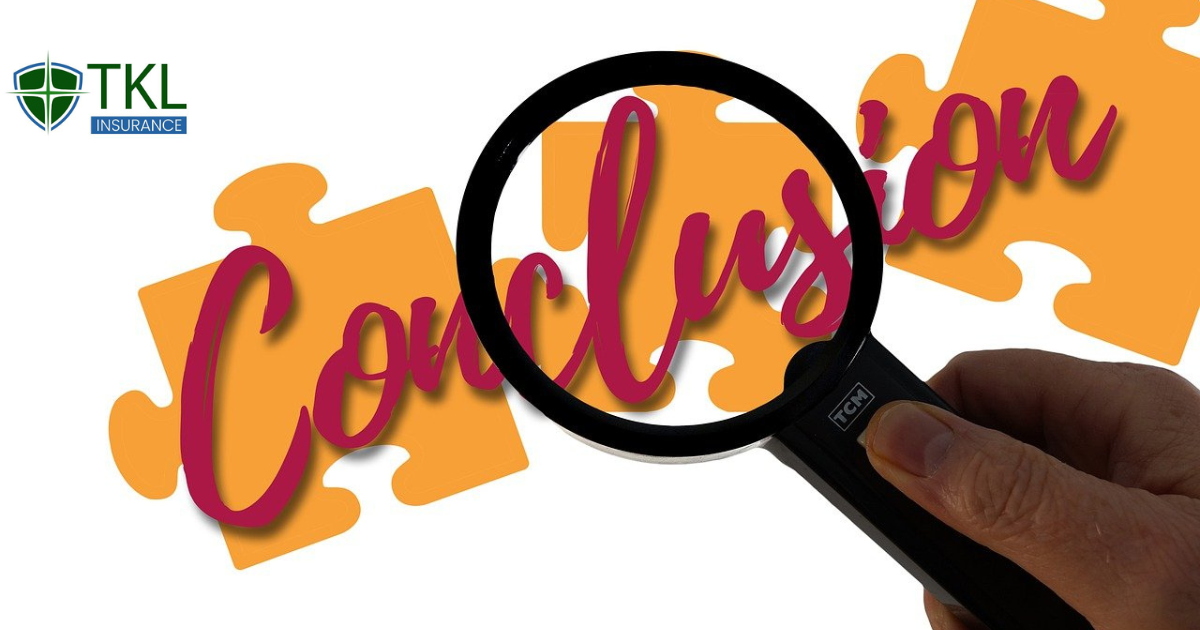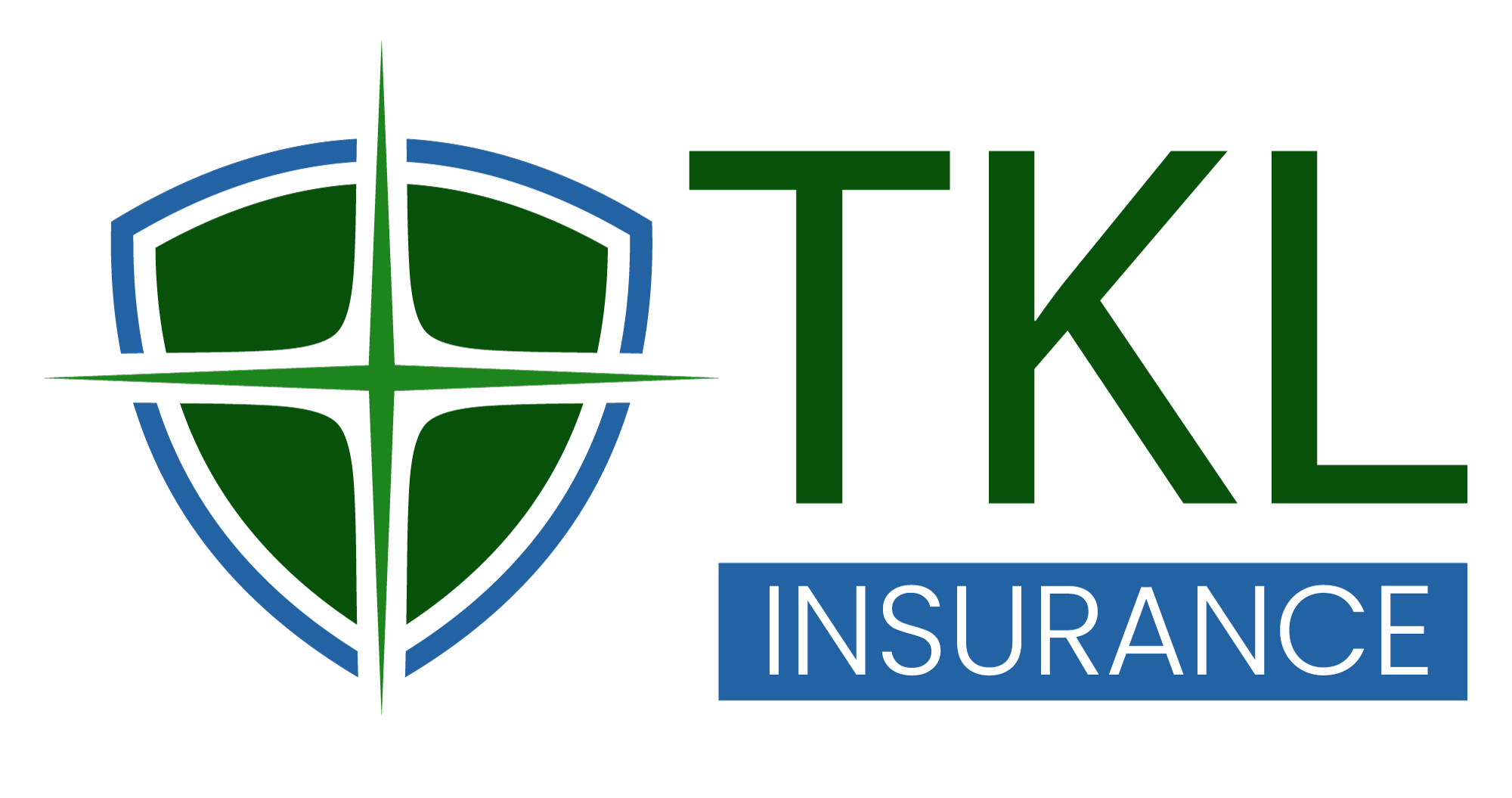What is Insurance in Simple Words? A Beginner’s Guide

Who is the Father of Insurance? The History of Insurance & The First Insurance Company
July 4, 2023Table of Contents
ToggleWhat is Insurance in Simple Words? A Beginner’s Guide
Learn What is Insurance in Simple Words. Discover how insurance works, why it’s important, and which types you might need — explained simply for everyone.
Introduction
What is insurance? It might sound like a complex word, but it’s actually a simple idea. Imagine if something unexpected happens — like a car accident, a medical emergency, or damage to your home — and it costs a lot of money. That’s where insurance helps.
In this article, we’ll explain insurance in simple terms, how it works, why it’s important, and what types of insurance you might come across in daily life.
💡 What is Insurance in Simple Words?
Insurance is a way to protect yourself from big financial losses. It’s like a safety net. You pay a small amount of money regularly (called a premium) to an insurance company. In return, if something goes wrong (like an accident or illness), the company helps you by paying for the damage or cost.
Think of it like this:
“Many people pay a little money. That money is used to help someone when they face a big problem.”
Definition of Insurance
Insurance is a method that protects against unexpected and potentially devastating financial losses, allowing policyholders to transfer some of the risks they face to the insurance company in exchange for a premium.
Insurance is a financial product that safeguards you from experiencing significant financial loss in case of unexpected events.
When you buy insurance, you are paying a certain amount based on your risks known as a premium to an insurance company. In return, they promise to pay you a lump sum if something unfortunate happens to you or your valuables.
How Does Insurance Work?
Insurance is a contract between you and an insurance company. Here’s how it works:
-
You buy an insurance policy (for car, health, home, etc.)
-
You pay money regularly (called a premium)
-
If something bad happens (a claim), the insurance company pays you to help cover the loss
The insurance company collects money from many people and uses that pool to help those who face a real problem.
- 🔍 Why is Insurance Important?
Insurance gives you peace of mind. You don’t have to worry about losing all your money if something bad happens. Let’s see some real-life examples:
-
Health Insurance: Covers hospital bills and medicines
-
Car Insurance: Pays for repairs if your car is damaged
-
Home Insurance: Helps rebuild your home after fire or flood
-
Business Insurance: Protects your business from loss or damage
-
Life Insurance: Gives money to your family if you pass away
Without insurance, these problems could cost you thousands or even lakhs of rupees.
Insurance holds significant importance for several reasons. Here are a few key reasons:
• Financial Protection: Insurance provides coverage for unexpected expenses such as medical bills, property damage, or legal fees, which can otherwise be financially overwhelming.
• Risk Reduction: Insurance helps minimize the financial risk associated with unforeseen events. For instance, having life insurance ensures that your family remains financially secure even if you pass away.
• Peace of Mind: Insurance brings a sense of security and reduces stress about the future.
Common Types of Insurance
| Type | What It Covers |
|---|---|
| Life Insurance | Helps your family if you pass away |
| Health Insurance | Pays for doctor visits, medicines, surgeries |
| Car Insurance | Fixes your car after an accident |
| Home Insurance | Repairs damage from fire, storm, or theft |
| Travel Insurance | Covers lost luggage or emergencies during trips |
| Business Insurance | Helps if your office is damaged or someone sues your company |
| Disability Insurance | Gives income if you can’t work due to illness or injury |

What is an Insurance Policy?
An insurance policy is the written agreement you get from the insurance company. It tells:
-
What is covered
-
How much is covered
-
When the company will pay
-
What you need to do to get the payment
Always read your policy carefully so you understand the terms.
How Insurance Protects You
Insurance protects you in many ways:
-
✅ Risk Sharing: Many people share the risk, so no one suffers alone
-
✅ Financial Help: You don’t have to use all your savings in an emergency
-
✅ Quick Recovery: You can fix your car, get treatment, or rebuild your house faster
-
✅ Confidence: You feel safer knowing someone has your back
In Conclusion
Insurance may sound complicated, but it’s actually a smart and simple way to stay safe from big money problems. It helps you sleep better, live better, and plan better — because you know someone will help if something goes wrong.
Whether you’re protecting your health, car, home, or business, insurance is a must in today’s uncertain world.

In Conclusion meaning, insurance is a valuable financial tool that safeguards you from potential financial losses. Today, insurance is an important & vital part of our economy. It acts as a safety net, shielding us from the potential setbacks caused by unexpected events.
By transferring risks to insurance companies, we can ensure that we have the necessary resources to recover and rebuild when challenges arise. Whether it’s safeguarding our assets, health, or loved ones, insurance provides peace of mind and enables us to navigate life’s uncertainties with greater resilience. In today’s market, insurance is crucial since it offers both businesses and individuals financial security.
🙋♂️ Frequently Asked Questions
- What is a simple definition of insurance?
Insurance is a financial product that secures you from financial losses caused by unexpected events.
When you purchase insurance, you must pay an insurance company a premium. In return, the insurance company promises to pay you a certain amount of money in lumpsum if you suffer any loss.
Insurance is a financial product that secures you from financial losses caused by unexpected events.
There are many types of insurance.
- Auto Insurance
- Marine Insurance
- Motor Insurance
- Miscellaneous Insurance
- Travel Insurance
- Health Insurance
- Fire Insurance
- Machinery Breakdown
- CAR
- Guarantee Insurance
3. What is insurance and how do insurance companies work?Insurance is a contract where an insurer provides financial protection against specific risks. Insurance companies collect premiums from policyholders and use these funds to cover losses when claims arise.
4. What best describes the function of insurance?The primary function of insurance is risk management. It helps individuals and businesses mitigate financial losses due to unforeseen events by spreading the risk across a large pool of policyholders.
5. What is the definition of insurance and its functions?Insurance is a contractual arrangement where an insurer agrees to compensate the policyholder for specific losses in exchange for premium payments. Its functions include risk transfer, protection, and peace of mind.
6. What is the most important benefit of insurance?The most crucial benefit of insurance is financial security. It provides a safety net during emergencies, ensuring that unexpected expenses don’t lead to financial ruin.
7. Which insurance is most important and why?While different types of insurance serve various purposes, health insurance is often considered essential. It covers medical costs, safeguarding both health and finances.
8. What’s the best way to describe insurance in simple terms?Think of insurance as a protective shield. You pay a small amount (premium) to shield yourself from significant financial losses caused by accidents, illnesses, or other risks.
9. Which definition best describes an insurance premium?An insurance premium is the regular payment made by the policyholder to the insurer. It keeps the insurance coverage active.
10. Can someone explain in their own words how insurance works?Certainly! Imagine insurance as a collective safety net. Many people contribute (pay premiums), and when someone faces a crisis (claims), the safety net catches them, preventing a financial fall.
11. What is insurance in one simple sentence?
It’s a way to protect your money when something bad happens.
12. Why do we need insurance?
Because life is uncertain — insurance gives you peace of mind and financial safety.
13. What is an insurance premium?
It’s the money you pay every month or year to keep your insurance active.
14. What happens when I make a claim?
You inform your insurance company about your loss. If it’s covered, they pay you back.
15. Is insurance only for rich people?
No! Everyone can and should have insurance — even simple, affordable plans.
📢 Don’t Forget to Share!
If you found this article helpful, share it with your friends or family who want to understand insurance better. You can also explore more insurance-related tips and guides on our blog.






